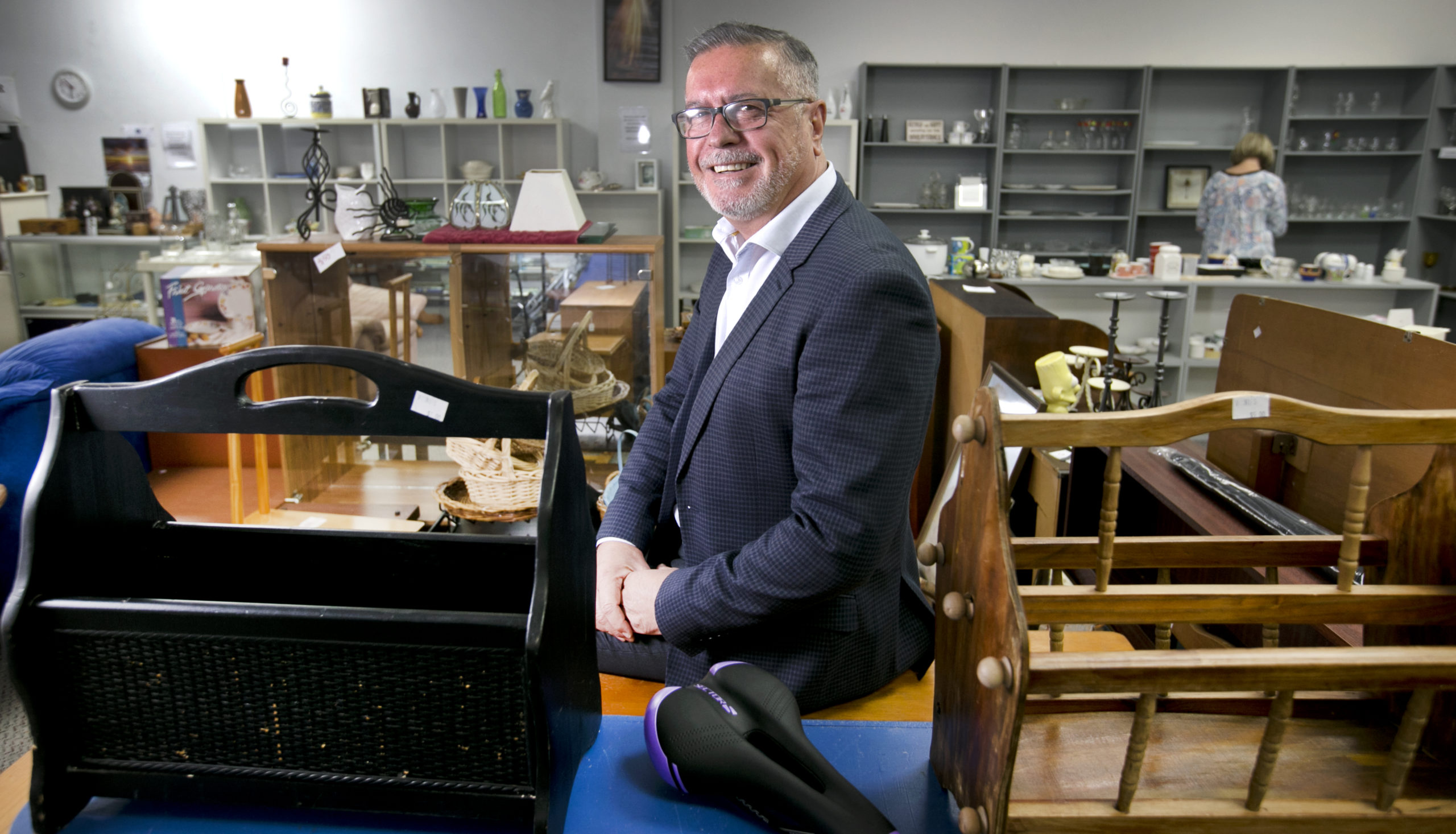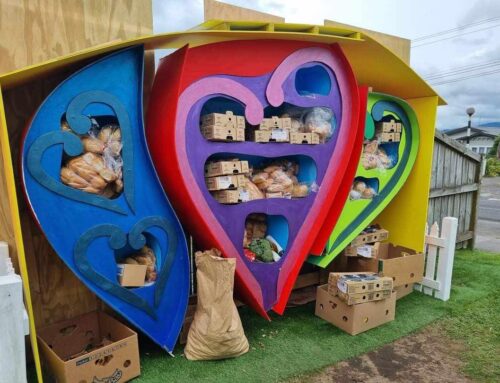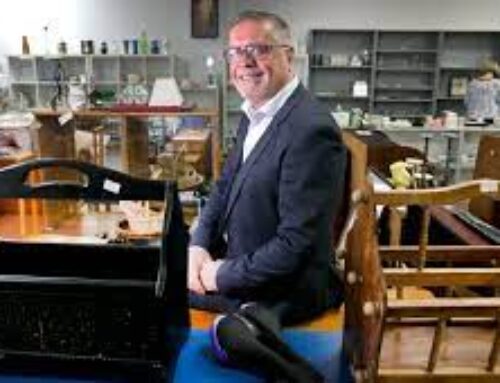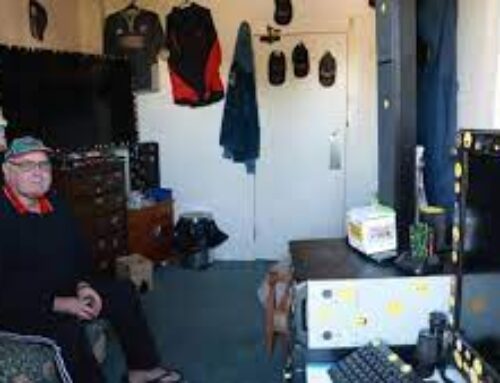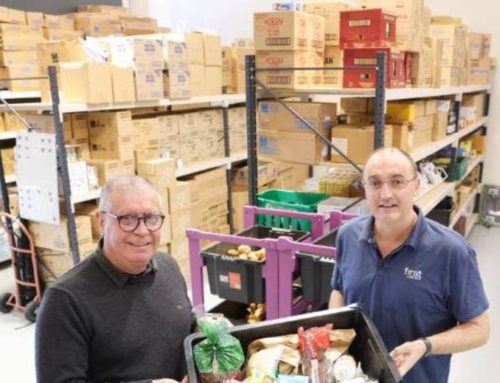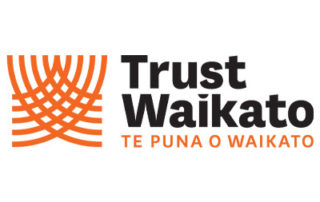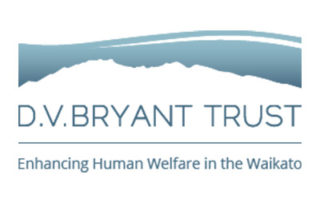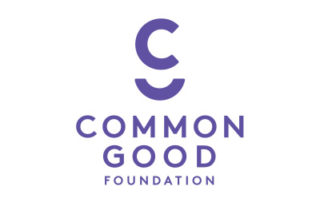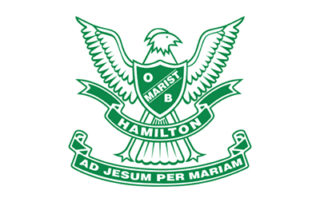NZ Herald – 2 Mar, 2018
Mike Rolton: Business discipline, non-profit motive
Seasoned manager Mike Rolton was all set for a new career coaching rugby and cricket, when he was asked to help restructure Waikato charity St Vincent de Paul.
The former Fletcher Challenge and Waikato-Tainui fisheries manager wasn’t keen: he’d just earned Waikato University diplomas in national coaching and sports management and was itching to put them to use.
But he agreed to help out the moribund Hamilton-based regional charity because the job wouldn’t take long. Seven years later, he’s still there, managing a rebranded “Vinnies”, which is now a $1 million non-profit business.
Vinnies depends on volunteers, but Rolton runs it strictly along business lines, with sales targets for its five op shops, annual business plans and a strategic plan for the future.
When he fronts up to Waikato businesses for help, he comes armed with a solid business case and supporting figures. And those figures are grim.
Demand for Vinnies’ food help in the Waikato region doubled last year, says Rolton. Vinnies provided 90,000 school lunches last year and its vans, which nightly deliver food to Hamilton suburbs, are eagerly greeted.
Rolton reckons Vinnies keeps nearly 460 kids at school every week by providing lunches in response to SOS calls from school nurses or social workers.
“There’s the rent issue, there’s the low-paid-worker issue, there is a reduction in working hours, not quite so much now but in the lockdowns, there’s a combination of factors that drew them to us for help.
“Families keep their children off school on Mondays and Tuesdays because they ran out of money on Saturday. I’m a big believer in education. If you want to break the cycle, get them educated. You won’t break the cycle without education and it’s my goal to do that.”
Contrary to popular belief, low decile schools aren’t the most in need of food support.
“Most of our schools are between the 4 and 9 decile range,” says Rolton. “Poverty is not restricted to deciles 1, 2 and 3.”
The demographics of the people who come to Vinnies for help have changed “dramatically” in the past four years, Rolton says.
“When I arrived, 90 to 95 per cent were Maori and on the benefit. Now that demographic is 52 per cent, and 48 per cent are what I call the working poor and generally they’re European.
“The whole thing’s changed dramatically and we’re just lucky we’ve built it [Vinnies] so strong we can still help.”
If you want to break the cycle, get them educated. You won’t break the cycle without education and it’s my goal to do that.
Mike Rolton
Low wages and rising costs are the culprits, says Rolton. Couples who need Vinnies’ support may both be working, but just one unexpected bill like a new tyre or a power bill blowout in the winter can be enough to demolish their budget, he says.
“We break our year into [demand] blocks. In January it’s school fees and uniforms. From May to September it’s power bills. After that the pressure starts about Christmas. So we budget our cashflows for the peaks to make sure we can cover them.”
With Hamilton growing fast, Rolton and his team have made a strategic plan to deal with the associated rise in demand for its services.
Rolton will be stepping up his presentations to businesses for help.
His current mainstays for food donations and cash are Greenlea Premier Meats, ProLife Foods, Maggy’s Catering, McDonalds Hamilton, Tetra Pak, WEL Energy Trust and the DV Bryant Trust. They’ve been strong supporters for years, but Rolton will need to widen his hunt.
“Unless charities reach out to the business community, they really struggle. So my job was about building really strong relationships with key people in the market.”
The strategic plan calls for a sixth op shop to be opened. Around 75 per cent of Vinnies’ near-$1m income comes from its shops. The rest has to be raised.
The Catholic church doesn’t influence Vinnies’ work and hasn’t contributed because it hasn’t been asked to, Rolton says. “But we keep in touch with the Bishop … and I think that will change.”
When Rolton arrived, St Vincent de Paul had about 40 volunteers and two shops. It lacked momentum and volunteers, and different activities didn’t talk to each other, he says. Revenue was about $180,000.
Today, Vinnies has seven paid staff and more than 260 volunteers. Shop managers are expected to meet sales targets and must manage their volunteer staff.
“Volunteers have to be motivated and you do that through communication, so I have monthly staff meetings with my managers and we lay out goals and sort out problems. I update them on our achievements and they go back and pass all that information to their staff.”
Thames-raised Rolton is a long way from his career beginnings as a cost accountant and manager with then-Fletcher Timber and Fletcher Challenge. After deciding that a bank job wasn’t for him when he left school – he wanted to do a BCom at university but his dad said to get a job – at 19 Rolton became a clerk at Fletcher’s newly built Kopu timber sawmill.
At 26, after support from the company to study business after hours, he became the youngest cost accountant at any of its sawmills and went on to management positions.
After 14 years with Fletcher, Rolton moved his family to Hamilton for schooling, doing several management jobs before being asked by Tainui to be marketing manager for its inshore fishery business.
Then followed a stint overseas while he researched inshore fisheries for his own interest and dabbled in online seafood commodity trading.
A yearning to be a coach then took the rugby-mad Rolton to Waikato University to study sports management, a path he never quite made it down.
Heading Vinnies can be emotionally draining, but there’s a simple reason why Rolton hasn’t gone back to the for-profit world.
“I can make a difference to someone’s life every day of the week,” he says. “To that woman who comes in here with a black eye and split lip and hungry kids. For the kids who come in in the middle of winter with clothes you could spit through and no shoes. That’s a real driver.”

